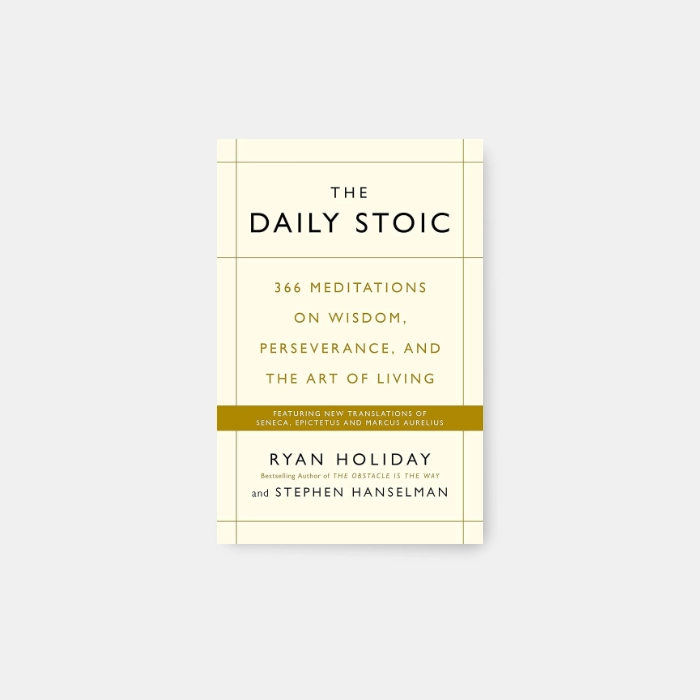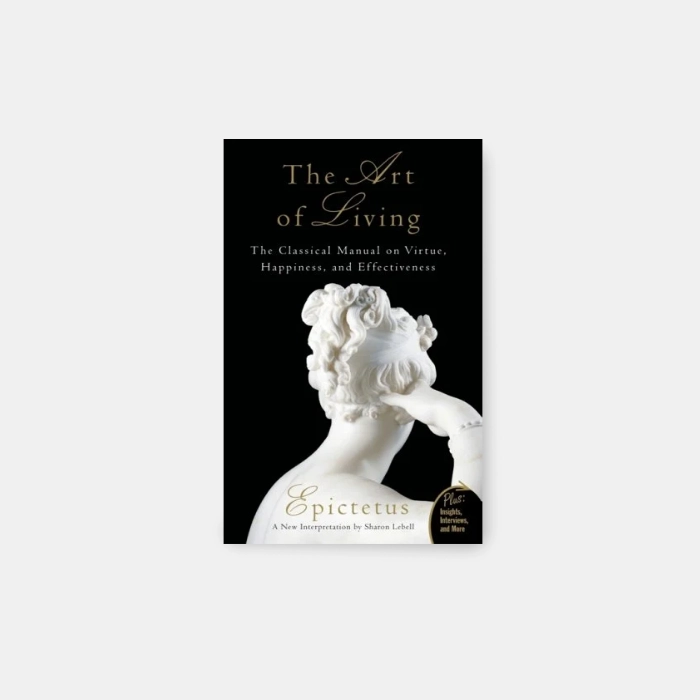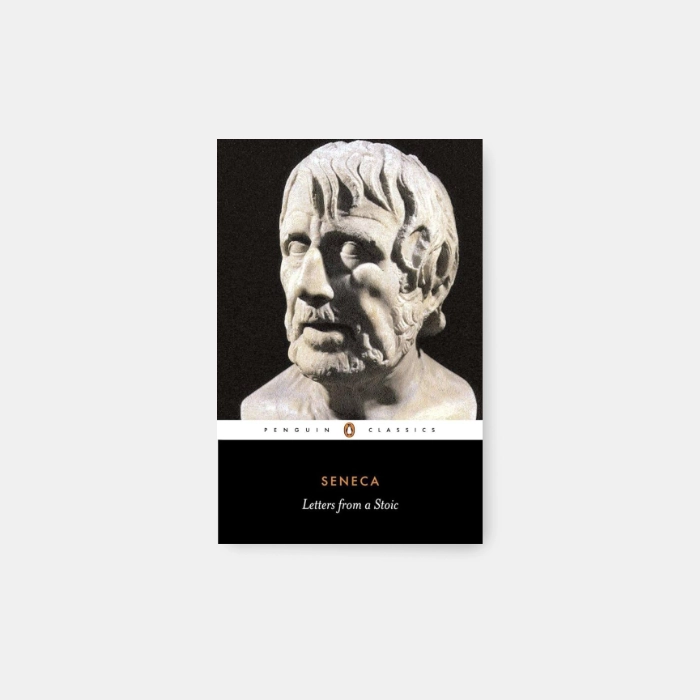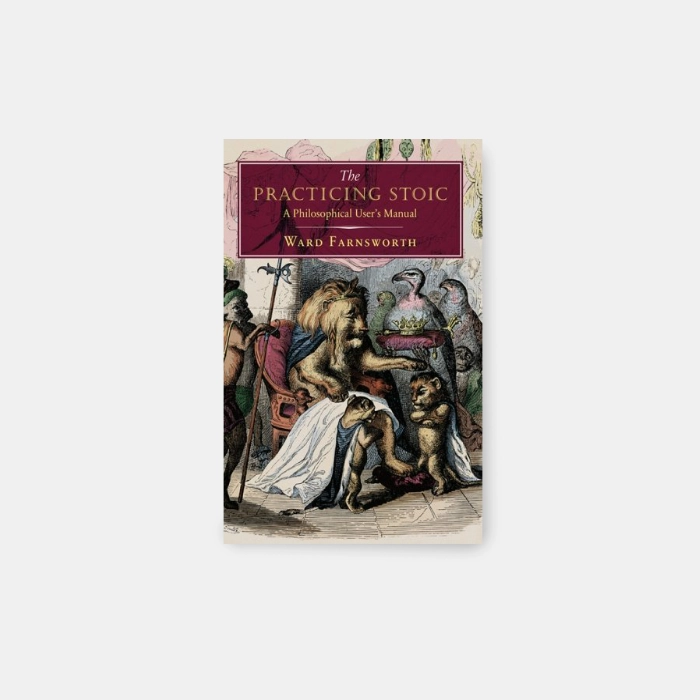Still relevant, still real: how stoicism found me
I didn’t find stoicism in a philosophy class. I found it in the middle of a long search for peace, one that started with minimalism and wandered through the ideas of Camus, Rousseau, Schopenhauer, Jacobi. At some point, I even swayed eastward, soaking up bits of Daoism, Wu Wei, Buddhism, and Confucianism. Each school of thought offered something: a lens, a nudge, a little piece of the puzzle. But stoicism? That one stuck.
It’s wild to think that this philosophy was born in 300 BC and still feels like it was written for the mess we live in today. The world keeps changing, faster than ever, but people, at their core, haven’t. We still feel everything too much, care about what we shouldn’t, and lose sleep over things beyond our control. That’s exactly what stoicism helps with. And the best part? It’s simple. Not easy, but simple. Let me tell you how I’ve made it part of my everyday life.
Mastering self-control (or at least trying)
We all know the feeling: something goes wrong, emotions rush in, and the next thing you know, you’re reacting, not responding. I’ve been there. I’m still there, more often than I’d like to admit. But stoicism has taught me to pause. To take a breath before I do or say something I’ll regret.
It doesn’t mean ignoring emotions, they matter, deeply. But reacting blindly to them? That’s when trouble starts. Stoicism, for me, is about cultivating the mental space to choose my response. That small moment of reflection makes all the difference. And when I do lose it (because I’m human), I’ve learned to catch myself faster. That’s growth too.
Let go of what you can not influence
I used to spend so much energy trying to fix things that were never mine to fix. Other people’s moods. The weather. The past. Global chaos. It’s exhausting, and it leads nowhere. One of stoicism’s most grounding teachings is this: focus only on what’s in your control. Everything else? Let it go. This shift changed my life. I no longer feel helpless in chaos, I just focus on my part. My choices. My attitude. My boundaries.
And no, it doesn’t mean you stop caring or become passive. It means you respond with calm clarity. If it rains on your picnic, take an umbrella, or have tea inside. Don’t waste your life cursing the sky.
Change your perception
One of the most liberating stoic ideas? Nothing is inherently good or bad. It’s all perception. Once this clicked for me, it felt like my brain untangled a knot that had been there for years. Life wasn’t just happening to me, I was shaping my reality every second through my interpretations.
Before stoicism, I believed the world was just “the way it is.” But now I know I can challenge that idea. I can ask: is this actually bad? Or am I just choosing to see it that way? It doesn’t mean denying pain. It means giving yourself the power to reframe it. And yes, some people are great at this. You can see it in them, they seem grounded, present, unfazed. I try to learn from those people. More importantly, I try to become one of them.
Like Bill Hicks said, “It’s just a ride” – meaning life is the reality you make of it.
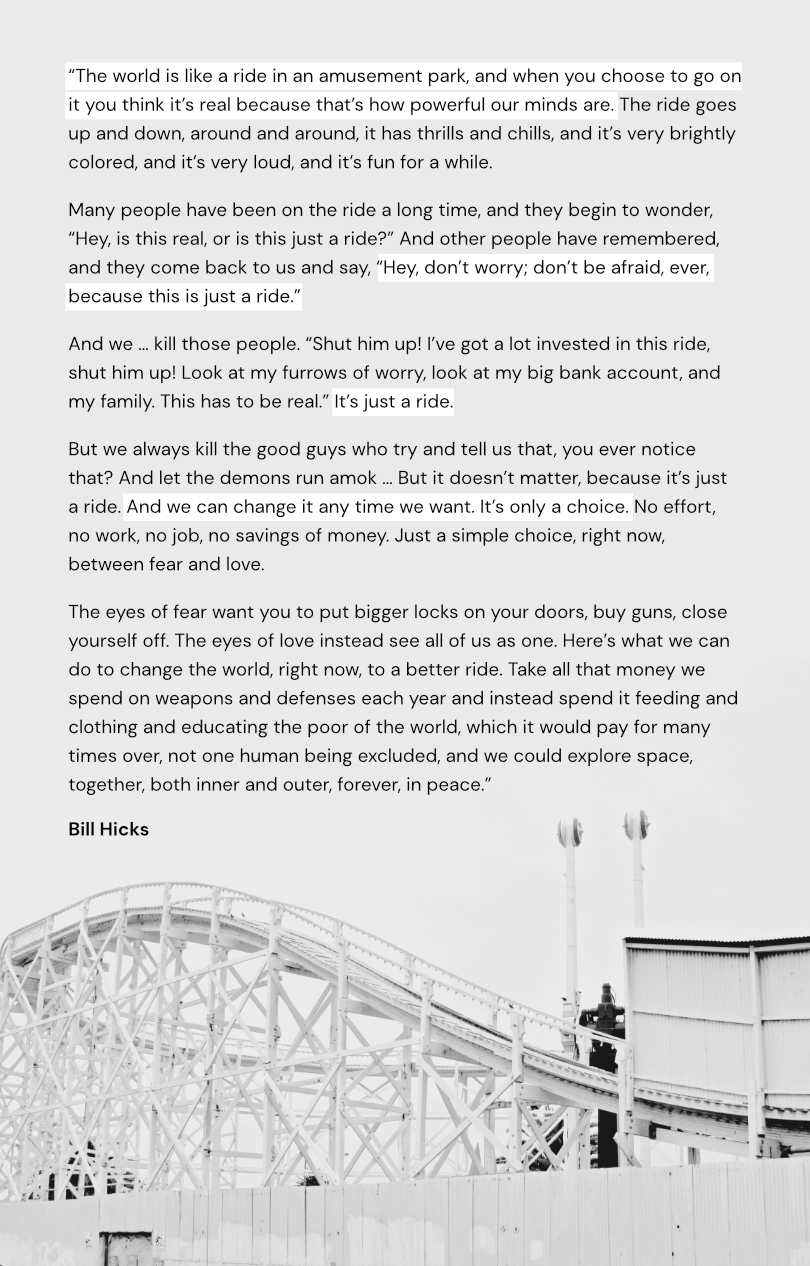
Think about the worst scenarios
I get strange looks when I say this out loud, but yes, I imagine the worst that could happen.
People think it sounds negative or dramatic, but stoicism teaches this as a form of mental resilience. When you prepare your mind for difficulties, nothing really surprises you. You stop expecting perfection and learn to appreciate whatever comes. It’s like emotional insurance. You’re not hoping for disaster, you’re just ready for it. That readiness brings peace.
Romantic comedies might have convinced us that life should be all highs. But I’ve found more joy in realistic expectations than I ever did in fairy tale fantasies. Life is complex. That’s what makes it beautiful.
Memento mori: remember, you’re going to die
Sounds dark, right? But it’s not. Memento mori isn’t about fear, it’s about urgency. Remembering that we’re not here forever is what makes every day feel like a gift. It’s the most powerful reminder I’ve ever found to live well now, not someday.
We chase success, status, and stuff that doesn’t matter. But when you remember your time is limited, you start asking better questions: Am I being kind? Am I doing work that matters to me? Am I wasting time on things I can’t change?
Nothing humbles and focuses me more than this phrase. I carry it with me daily, not as a weight, but as a guide.
My favourite book in stoicism
If there’s one book that’s shaped my stoic journey, it’s Marcus Aurelius’ Meditations. He was a Roman emperor, and deeply human. He wrote these personal notes to himself, never expecting anyone else to read them. But now, thousands of years later, I do. I open it randomly and let one meditation sit with me for a week or more.
Every time I revisit it, I see something new. Maybe because I’m new. Life keeps changing, and the same words meet me in different ways. This book is a companion for life.
Must-read inspirational books about stoicism
Conclusion
Stoicism is a quiet guide, a way to walk through life with more clarity, less chaos. It helps me stay grounded when things go sideways, and they often do. It teaches you to focus on your role, not the noise. To respond, not react. To live with intention, instead of spinning on autopilot. And yes, to remember that this is all temporary. So love people fiercely, do your work with purpose, and let go of what doesn’t serve you.
If you ask me, stoicism is about becoming emotionally mature. It’s the art of living fully, wisely, and well.
I only recommend what’s worth your time. Some links may earn me a commission, at no extra cost to you.

